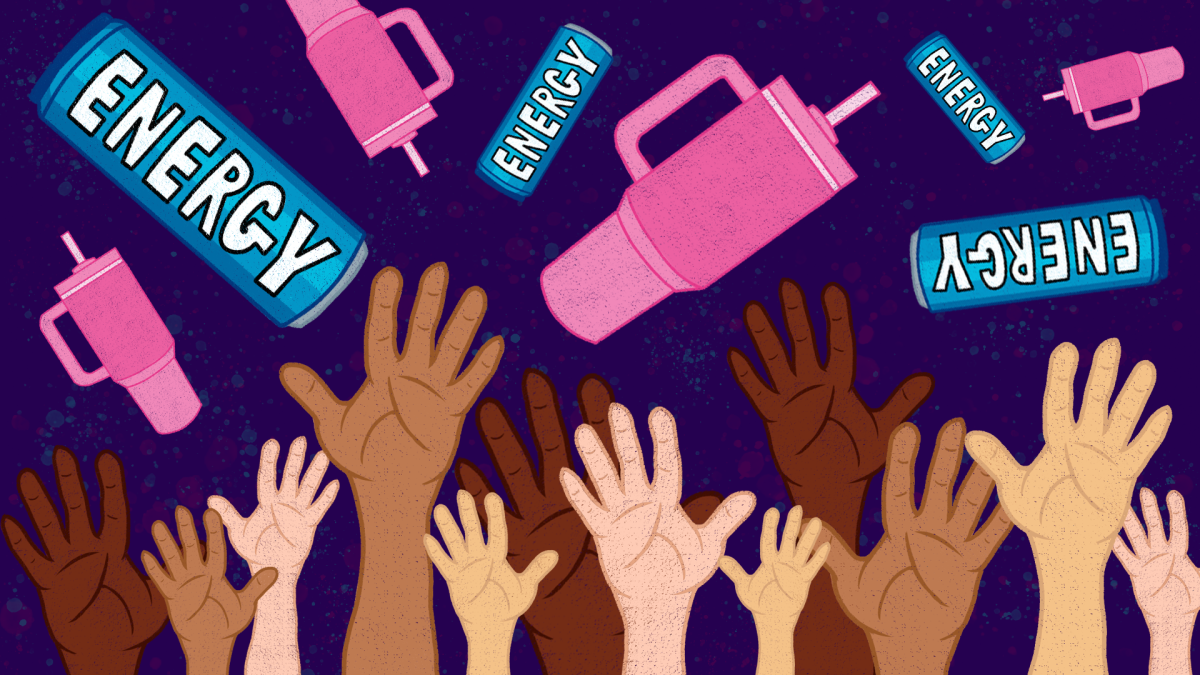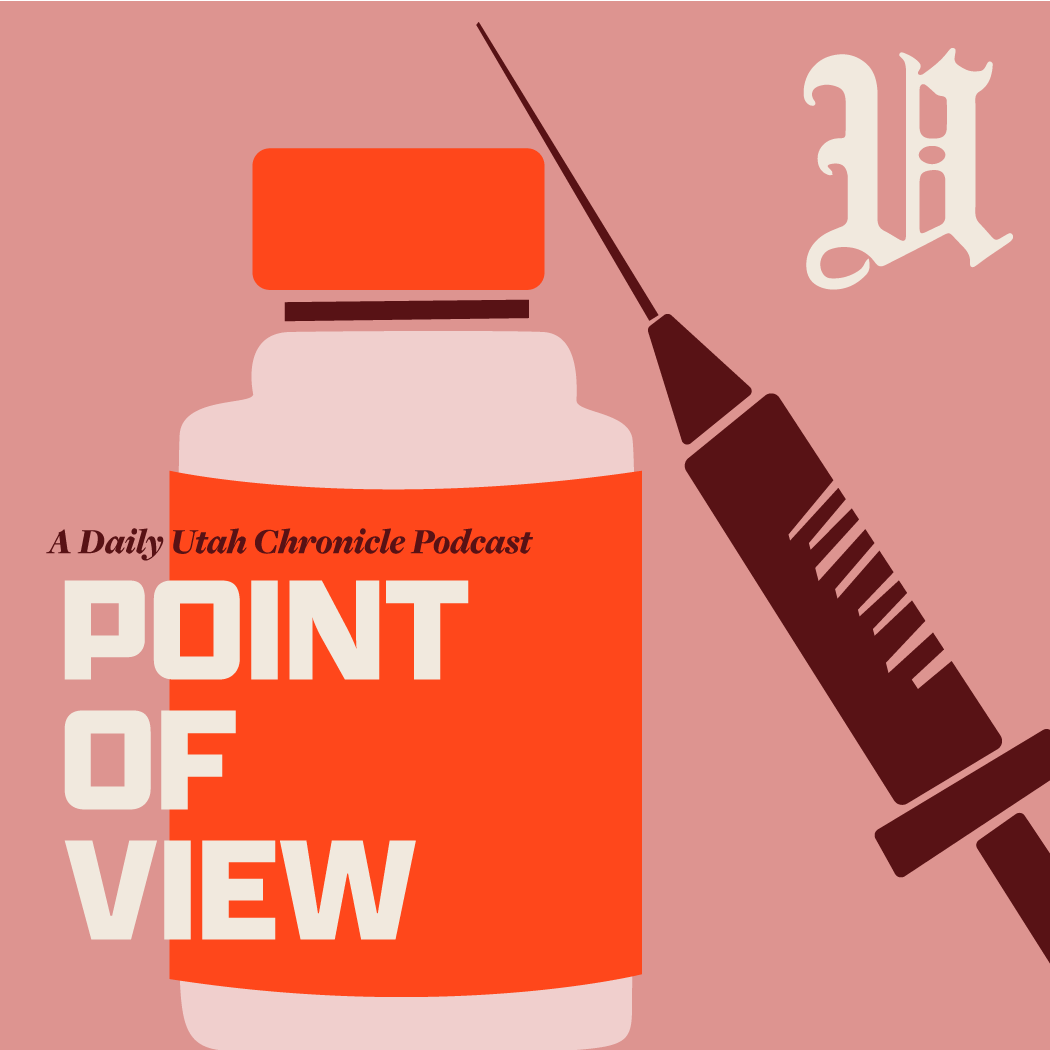Many workers have rightfully decided that unions play critical roles in ensuring appropriate wages and benefits. In Utah, workers in job sectors ranging from cannabis to libraries have managed to consider unionization.
The University of Utah Health workers formed a union under the Communications Workers of America, citing their work environment and stagnant wages. This tracks with national healthcare organizations, as earlier this year Kaiser Permanente staff held a major national strike over similar concerns. Covid-19 exposed the terrible reality of our healthcare system on every level, including how major hospitals and corporations don’t care about their staff.
U Health workers made the right decision and other companies must follow suit. Intermountain Healthcare, LabCorp and other healthcare companies have an opportunity to join the movement to secure better working conditions and rights for themselves.
What Unions Mean For Patient Care
The knee-jerk reaction to unionization is the assumption that prices increase and quality decreases. But this is categorically false: the strong positive correlation between unions and quality of service extends to healthcare just like every other industry.
Such myths typically spout with the goal of union-busting, the act of discouraging people from joining unions. In reality, unionization means success, both for workers and consumers. Unions have a positive influence on productivity and turnover, which means faster and more consistent service. In the healthcare sector, this means better patient care, period.
A unionized workforce does mean an increase in cost for the consumer — healthcare isn’t immune to this. However, other factors more significantly influence the cost of healthcare. Unions could allow doctors better leverage against hospitals and insurance companies and ultimately reduce costs. Ultimately, there remains insufficient evidence to suggest a union could be a detriment to healthcare. In general, the benefits far outweigh the possible costs.
Why Healthcare Workers Should Unionize
Unions won’t fix all of the issues in our broken healthcare system. However, having a unionized health sector will put a band-aid on many of the problems healthcare professionals have been raising for years.
A major issue the Covid-19 pandemic highlighted is our healthcare system’s ability to facilitate a large influx of patients given the limited resources on hand. An inadequate number of staff — a major complaint of healthcare professionals for decades — caused excessive work hours and burnout. Nursing shortages reflect a systemic issue, but workers’ unions have the potential to mitigate some of this flawed system‘s damages. With collective bargaining, healthcare workers can mandate adequate coverage.
Due to the pandemic’s nursing shortage, many hospitals opted to hire traveling nurses. Contracted professionals, a vital component of the healthcare system, deserve encouragement without undermining resident physicians. Similarly, traveling nurses experienced outrageous kicks in the teeth like slashed pay and hours post-pandemic. Unionization allows resident physicians to secure fair conditions and pay and contractors to negotiate good faith contracts.
The University of Utah in particular is a great place to unionize, since we’re one of the largest teaching hospitals in the country. Utah maintains its position as a major contributor to laboratory testing and other life sciences to the benefit of every citizen. Reality won’t allow the industry to continue benefiting its workers while sustaining its quality. Unions are the solution.
Possible Roadblocks
U Health’s status as a public employer presents a major obstacle for unionization. It exempts them from negotiation and the acknowledgment of unions, which makes collective bargaining extremely difficult. Public sector jobs have struggled to unionize in Utah for decades and this problem exposes the inadequacies of our union laws.
Utah in particular has one of the lowest unionization rates in the U.S., despite the recent uptick in unionization we’ve been experiencing. We can blame this on our failures in stopping union busting and our lackluster retaliation against companies that engage in such practices.
Regardless, unionization allows workers to network and gain better leverage individually. The right to work and the recent mass unionization movement have been largely successful. If the UAW can negotiate a deal with the automotive industry, heateamster.org/…/teamsters-ratify-historic-ups-contractlthcare unions can do the same in their industry.
It’s time for Utah healthcare workers to unite and guarantee safe working conditions, good pay and stable contracts. We must do better as a state in supporting these unions.



















